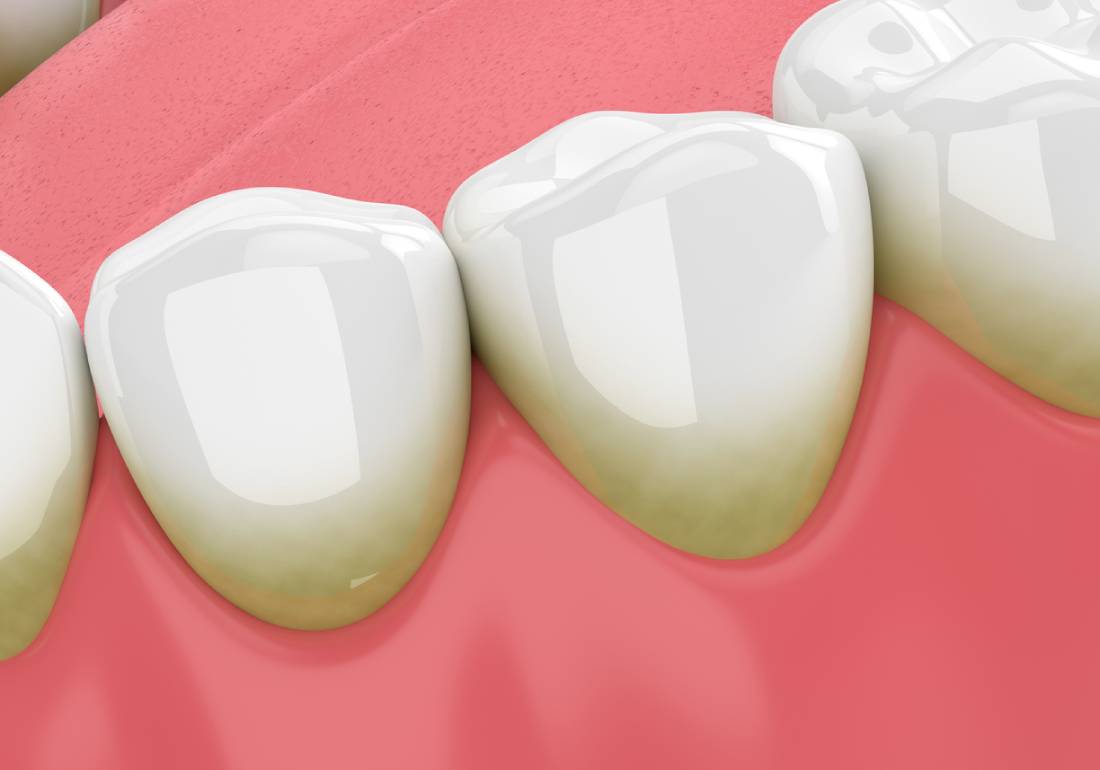Caring for your teeth on a daily basis is a key component of managing both your oral health and overall health. Regular dental visits are also necessary to ensure the longevity of your oral health, specifically in combating plaque and tartar. Below, we answer the question, “What are plaque and tartar?” and explain tips for and the importance of regulating them.
What Are Plaque and Tartar?
Plaque and tartar are substances that develop on and negatively impact your teeth. Maintaining a healthy daily oral care routine is essential to preventing their growth. In addition to your daily oral care routine, regular dental visits can reduce plaque and tartar on your teeth. Managing plaque and tartar through cleaning and prevention measures reduces your risk for more complex oral health issues.
Plaque
Plaque is the soft, sticky layer of bacteria that forms in your mouth. It can be found on your teeth, gums, and tongue. It often feels like a film coating over your teeth. Plaque occurs to some extent in nearly everyone, despite their oral health routine, because plaque develops after you eat, especially after meals that are high in sugar and starch.
Acidic bacteria from these foods attack your tooth’s enamel, the outermost layer of your teeth, and can create cavities that require treatment. Early-level plaque can be removed by routinely brushing and flossing the teeth. If left untreated, plaque buildup can harden into tartar, which is much more difficult to treat and leads to severe issues like gum disease.
Tartar
Unlike plaque, tartar cannot be removed with a toothbrush and requires professional help to clear. Tartar is hardened plaque that has not been removed through daily brushing and flossing. It is hard, typically yellow, and most commonly occurs around the gum line. Tartar becomes hard due to the incorporation of minerals in your saliva and the bacteria in plaque.
Tartar comes with many unwanted problems, including cavities, bad breath, gum disease, and even tooth loss in severe cases. It is critical to visit the dentist at least every six months to ensure it does not have the opportunity to form. Preventative dentistry is necessary to reduce the buildup of plaque and tartar on your teeth.
Managing Plaque and Tartar
There are several ways to reduce your risk of oral health issues from the buildup of plaque and tartar. Incorporate the following into your daily routine to reduce your risk.
Regular Brushing
Brush your teeth at least twice a day with a soft-bristled toothbrush. Many people brush their teeth often enough but not long enough. Brush your teeth for at least two minutes. Use a toothpaste with fluoride and avoid rinsing immediately after you finish brushing. Research has shown that electric toothbrushes are more effective in removing tartar and plaque.
Regular Flossing
Many people skip flossing, but it is a small investment in your oral and overall health. Floss at least once a day. If you only floss once, floss at night. Flossing can reduce plaque and prevent tartar buildup.
Stay Hydrated
Staying hydrated effectively washes away leftover food particles and bacteria that lead to plaque buildup. It also encourages the production of saliva, which is helpful for your oral health because it neutralizes acids in your mouth.
Regular Dental Visits
People avoid the dentist for a variety of reasons. Whether it is a perceived lack of time or a more understandable dental phobia, semiannual dental visits are too often forgone. Skipping out on the dentist is a huge mistake. Your dentist will be able to inform you of the status of your oral health and catch potential complications before they become severe. It is essential to visit your dentist at least every six months for a professional checkup and cleaning.
Cleaning and Prevention
If you have not had a dental cleaning in the last six months, contact the team at The Smile Artists today to schedule an appointment!



 )